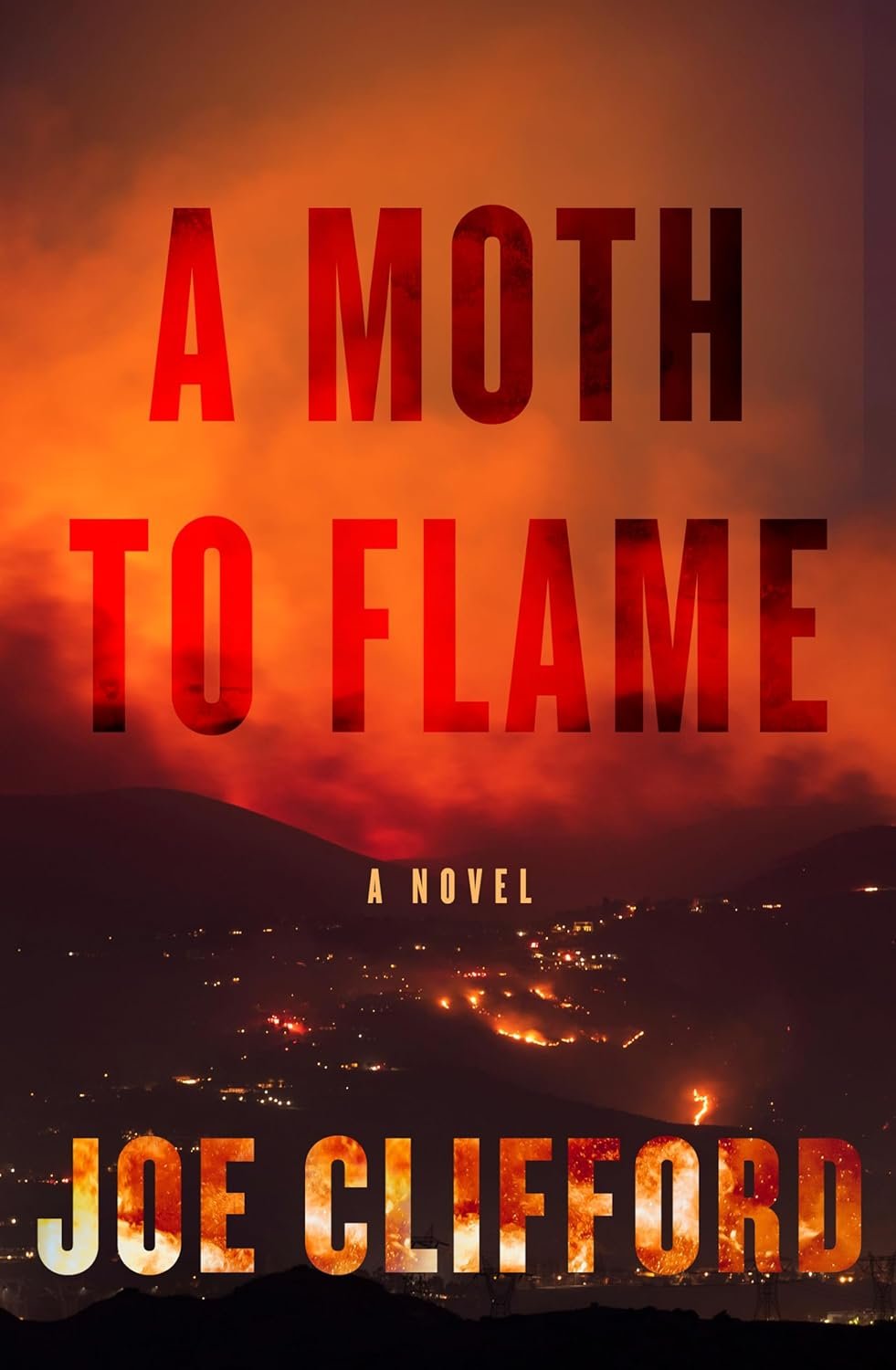Book Review : Joe Clifford - Say My Name (2023)
The older you get, the more you realize that your memories are all bullshit. That what you tell people about who you are is an egregiously self-aggrandized version of the truth and that it's OK because no one cares. No one except perhaps author Joe Clifford who wrote a novel about "how people remember stuff". It's called Say My Name and it's awkwardly interesting? It’s one of these novels that makes you hate every character, but that make you take a long look at yourself. Ever read one of those? Well, you're about to.
Say My Name is what Joe Clifford refers to as a "true crime novel" narrated by a nameless author (who you have to presume to be him since other characters have real people's names) investigates a local cold case involving the first girl who ever broke his heart. His life is a mess, he's a drunk and he's getting involved in a lot of sensitive shit for the locals. Our narrator is convinced that he's doing God’s work, but they're closing down on him and he gets closer to find his own grave than to find answers.
Communal Wounds
My favorite part of Say My Name was the outside perspectives on the first person narration. Our narrator is a drunken wreck and he isn't a romantic one by any means. If you've ever been the drunken person in a room, you know exactly what kind of dynamics he entertains with the people he once left behind. He's investigating the disappearance of the Rogers twins, but he's also investigating a scar he as deep inside that controlled much of his life until now. He drinks in order not to let it affect him too much.
But that wound isn't personal It's a communal wound that affects the entire town where he grew up and Say My Name really shines in exploring how the various people around the narrator live with the unclosed wound of Annabelle and Ava's disappearance. My favorite character (and perhaps the only one I genuinely liked) was Melissa McPhee, who also dated our narrator back in the and who's related to the main suspect in the affair. She’s the one who tells him: maybe this isn't all about you, bro.
This is just one sentence, but it's a prism through which you can understand what Joe Clifford was trying to do here. His narrator keeps mounting theories and telling himself stories involving his uncle (his lone surviving relative) and relationships from his past, while this tragedy might not require his own lens to be understood. The disappearance of the Rodgers twins affected him greatly, but it never had anything to do with him directly and potential answers were not his to have. At least, satisfying ones.
Metacommentary
Say My Name is also a metacommentary on true crime culture. It had a resurgence in popularity over the last couple years thanks to Netflix and our collective need for answers, but sometimes answers just aren't fucking available or aren't satisfying in any way, shape or form. Sometimes the story is just too ugly to be comfortably acknowledged and lived with also. Say My Name explores that discomfort with facts and the emotional need to create a truth for oneself. It's as uncomfortable as it gets, but powerful nonetheless.
As it was the case for Clifford’s latest novel A Moth To Flame, I got the gist of what was going on around his narrator quite early. But it worked in the novel's favour here and I was witness to his voluntary blindness and unwillingness to question a moral superstructure that existed only in his mind. In life, I'm always doubtful of people who refuse to question their perspective and I was super dubious of Say My Name's narrator here. It was a pleasant experience, but it's also challenging as all hell.
*
I liked Say My Name slightly better than A Moth To Flame. It's undoubtedly less spectacular and more depressing, but this is how I like my novels. Introspective and slightly out of control from an authorial perspective. If you’re looking for a straightforward mystery, this might be as satisfying for you as Netflix's three episodes-long true crime series (i.e. not at all), but it’s not meant to be straightforward at all. At least I don’t think so. I'm sure it was as uncomfortable to write as it was to read.






